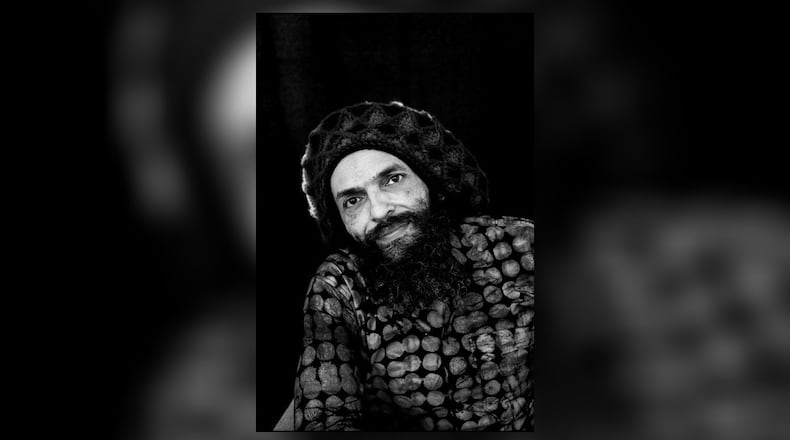This year the King Center’s theme is “cultivating a beloved community mindset to transform unjust systems.” I want to focus on this mindset because, to transform these unjust systems, King teaches us we must root ourselves in the cornerstone of love to emerge a community so vibrant and compelling that it makes the old order obsolete. By focusing on our mindset, we are transformed into the protagonist in our freedom journey, ushering in a more just and equitable society, instead of being a recipient waiting on someone else’s timetable.
Dr. King called for a revolution of values. There is an existing, underlying value system that restricts access to resources and opportunities based on gender, race, class, age and sexual orientation and divides the human family into an imagined hierarchy. To transform our systems and structures, our underlying values and ideas must first be reimagined to align with our aspirations. King challenges us to examine our values, starting with asking ourselves: Am I rooted in love? Is love the cornerstone of our systems?
At the genesis of a beloved community mindset is how we understand our common humanity. King refers to humanity as an interdependent, single garment of destiny which he describes as an inescapable network of mutuality — what impacts one impacts all of us. In African philosophy, this is known as Ubuntu, “I am because you are.” Dr. King explains that understanding our shared future we have as humans compels us to learn how to live together, acknowledging the inherent dignity and worth of every human being — or perish as fools.
What are some practical ways we can live into our interdependence? King encourages us to shift to a people-oriented society instead of a thing-oriented society. A people-oriented society focuses on cultivating deep relationships, trust and belonging instead of surface, transactional relationships. There is an abundance of gifts and talents in our community that can be leveraged to make the unjust systems obsolete, but our lack of relationship leaves them dormant and underutilized. As we deepen our relationships, the trust generated increases our impact through greater cooperation and collaboration.
I want to focus on cultivating a beloved community mindset because how we perceive ourselves is the context that informs and shapes how we interact with each other. The more we understand our interdependence and interconnectedness, the more we develop our hearts towards empathy for one another and grow the heart of our community. Dr. King ask us “Where do we go from here? Chaos or Community.” As humanity stands at the crossroads, those who choose the path of community are now being called to commit to a deeper walk with humanity.
Each year, many of us join hands and sing “We shall overcome.” Yet, is this the future that we pursue in our day-to-day interactions? What are the underlying assumptions that shape the Miami Valley? Do these assumptions align with and honor our values and aspirations?
May we harness our self-determination and the fierce urgency of now towards pressing into our collective hope of a more beloved community instead of maintaining the status quo. We are the ones we been waiting for.
Amaha Sellassie is an assistant professor of sociology and the president of the Gem City Market Board of Directors.
About the Author
